I need help with…
Self-Care for Mental Health

It’s OK not to be OK
Just like our physical fitness, we need to look after our mental health to feel good. When you’re not feeling OK, it’s OK to talk about this and ask for help. Visit our pages to get advice and support for any issues you are having. You are not alone.
Top tips for looking after your mental health
- Connect with other people – spend time with your friends and family, don’t rely only on social media and texting to keep in touch.
- Get active – Do regular physical activity. You don’t have to spend hours in the gym, unless you want to. Find a physical activity you enjoy doing and make it part of your daily life.
- Learn new skills – find something new to do and learn how to do it. Find something you enjoy that also challenges you.
- Be kind – find a way to help other people. This doesn’t have to be a really big thing and sometimes the small things can really make a difference. Take time to check in with a friend and ask them how they are, say thank you to someone who has helped you, get involved in volunteering in your local community.
- Pay attention – Notice what is going on for you now, in the present moment. People often call this mindfulness.
Your self-care checklist
What does self-care look like for you?
Self-care is all about doing things that make you happy. Sometimes they can be things that take your mind off whatever is worrying you, or sometimes they can be ways to help you cope with your worries, like talking about them to a friend.
Creating a self-care check list is a really good way to remind yourself of the things that help you to feel happy, safe or relaxed. Why not have a go at creating your own self-care checklist by writing down ten things that make you feel good? Then next time you are feeling down you can pick one thing from your list to try.
Some examples for your self-care checklist could be: watching your favourite TV show, playing with your pet, drawing, playing football, dancing, hanging out with friends, reading a book or even meditating.
You can also download our NottAlone booklet which has a checklist template on page four!
Write it down
Writing down your thoughts and feelings can be a really helpful way to process them. This is called journaling.
Journaling can really help with stress, if you have something on your mind, or if you have any strong feelings about something.
Writing down what happened during your day can help your mind process everything and acknowledge your feelings, and practicing gratitude reminds you of what’s important and that there is always something to be grateful for – even on a bad day.
Grab a notebook and try writing about what happened today, or list five things you are grateful for. If you’re not sure what to write, keep it simple! Here are some small things you could be grateful for today:
- Eating a meal you really enjoyed.
- A text from a friend or family member that made you smile.
- Having a cuddle with your pet.
- Watching your favourite film or TV show.
- Or even just expressing gratitude for a break from school over a weekend.
Mindfulness
We all need time to ourselves where we can just have a few mindful minutes and we don’t have to think about any of our worries. It’s all about being in the present moment and noticing the little things. This could be sitting quietly and listening to what is going on around you, or paying attention to one activity while trying not to get distracted.
Going for a walk after school or work is a great way to unwind and reflect on your day, it can help you to put things into perspective or think through something you found a challenge in your day. This can be a mindful walk, where you are noticing the things around you, the sounds, sights and feelings.
Another good mindful activity is colouring. It can be a great way to let your brain relax and enjoy focussing on something stress-free. Why not buy a colouring book (there are specific ones for mindfulness!) and let yourself enjoy the moment of colouring?
Learn more about mindfulness and meditation:
Breathing techniques
Breathing exercises can help manage stress and anxiety. Take some time to practice deep breathing and feeling present…
If you feel like things are overwhelming, try the 4-7-8 breathing method to help you feel better:
- Breathe through your nose for 4 seconds
- Hold your breath for 7 seconds
- Breathe out through your mouth for 8 seconds
This breathing technique can help you relax and sleep. Give it a go next time you are starting to feel stressed.
There are lots of breathing exercises and meditations available on YouTube and apps like Calm and Headspace. Take a look and find something that works for you.
Here’s one from Every Mind Matters:
Or you could try breathing like the Ocean with Moana, a video from Calm:
Get Help Now!
Here are a list of services that can help. The icons below tell you the type of support available.
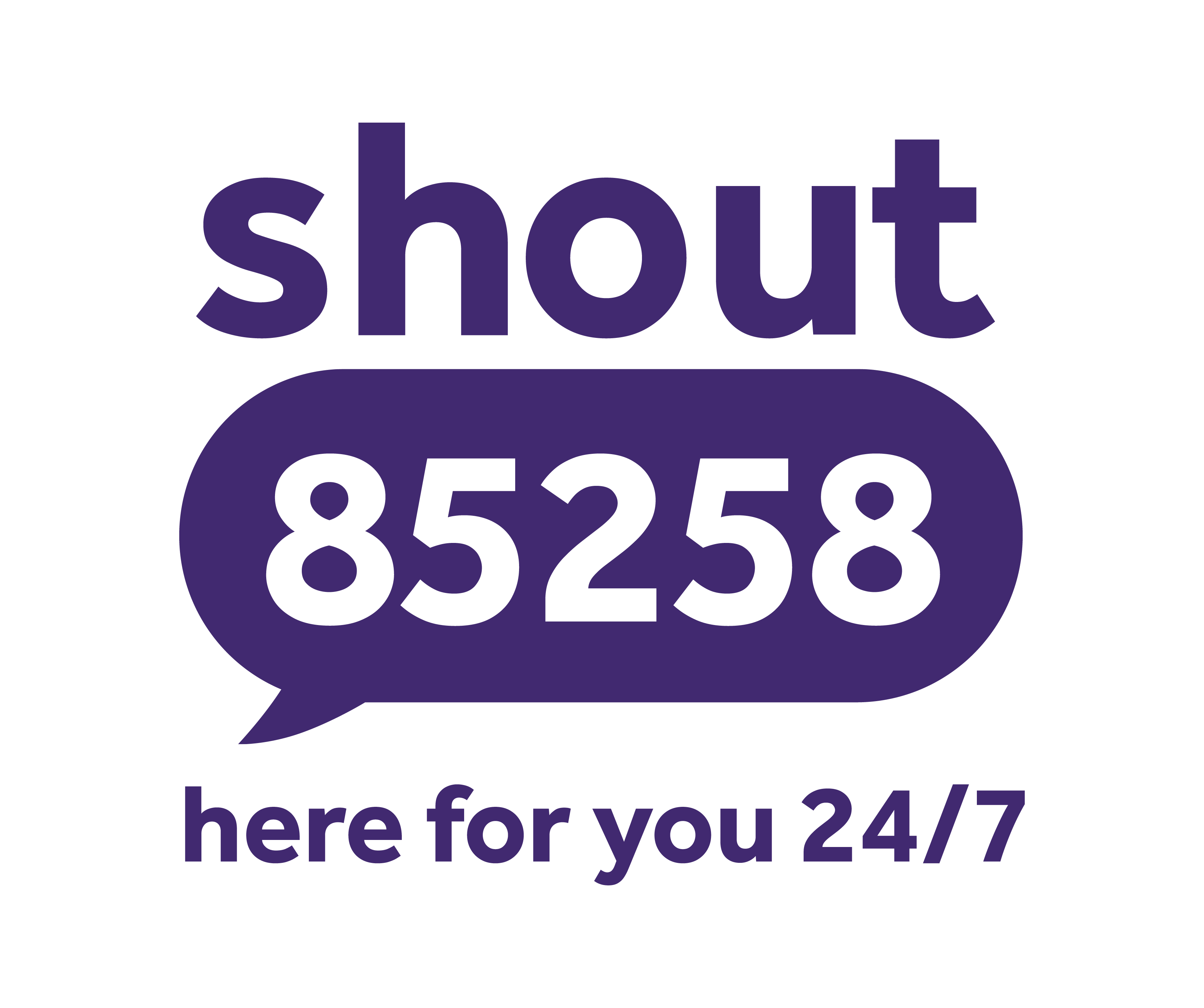
Shout - text 'Notts' to 85258

The Wolfpack Project: Groups and 1:1 Support
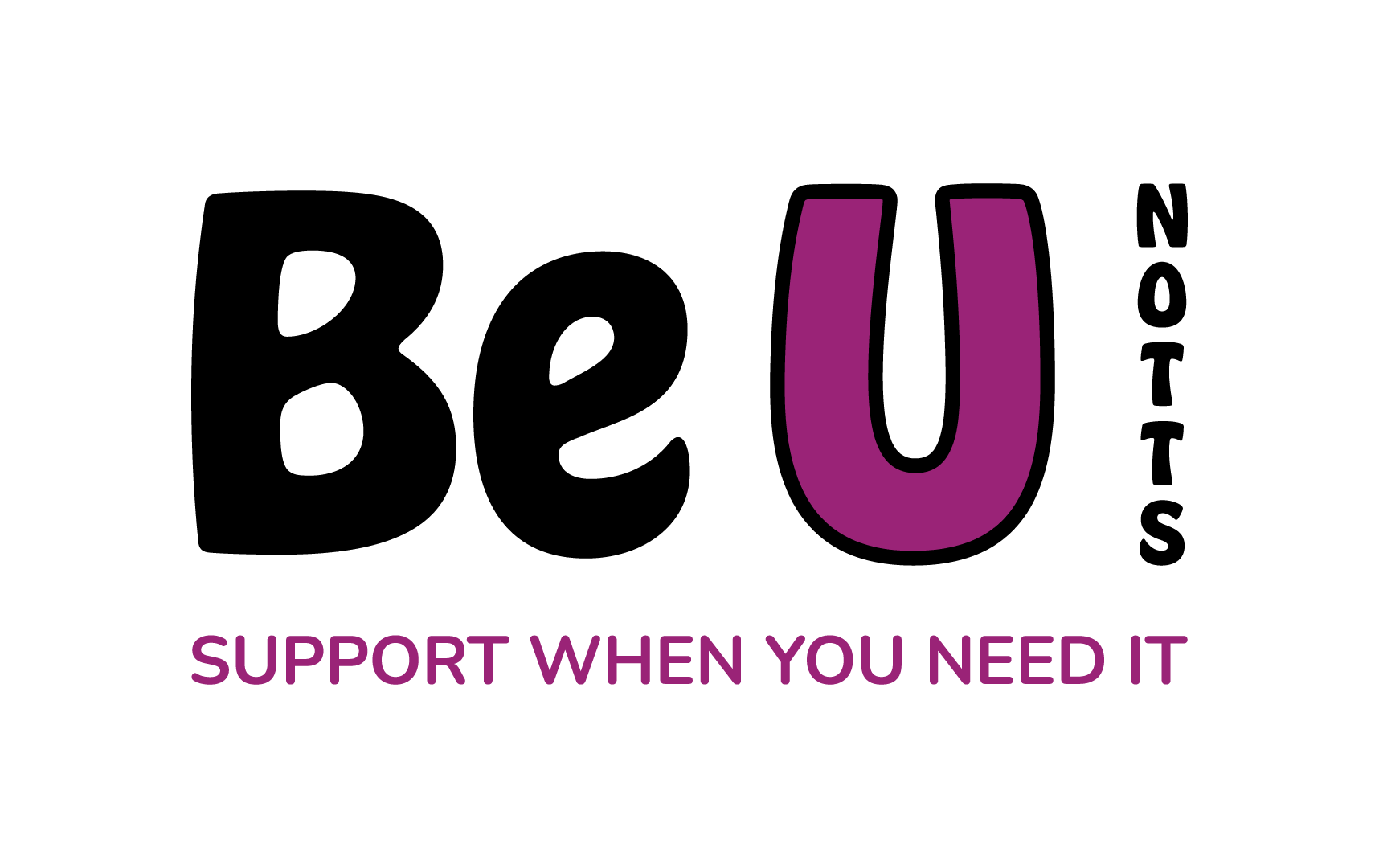
Be U Notts

Base 51

Nottingham City CAMHS

Nottinghamshire County CAMHS
Nottinghamshire County CAMHS (Bassetlaw)

Mental Health Support Team (MHST) Nottinghamshire

Mental Health Support Team (City)

Harmless

Relate Nottingham
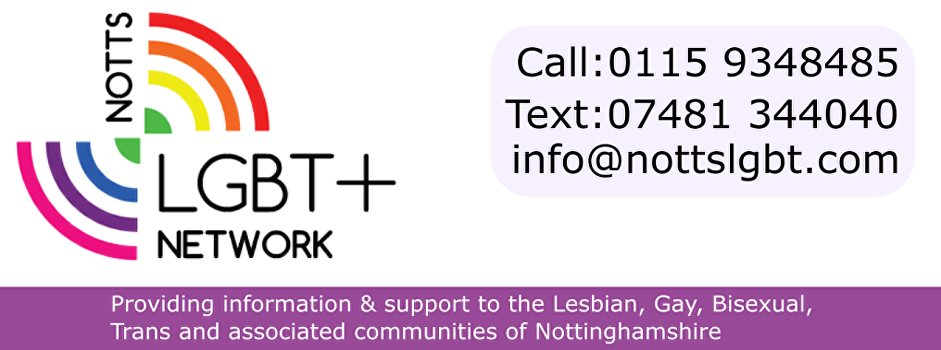
Notts LGBT+ Network

Youth Groups in Nottinghamshire & Nottingham City
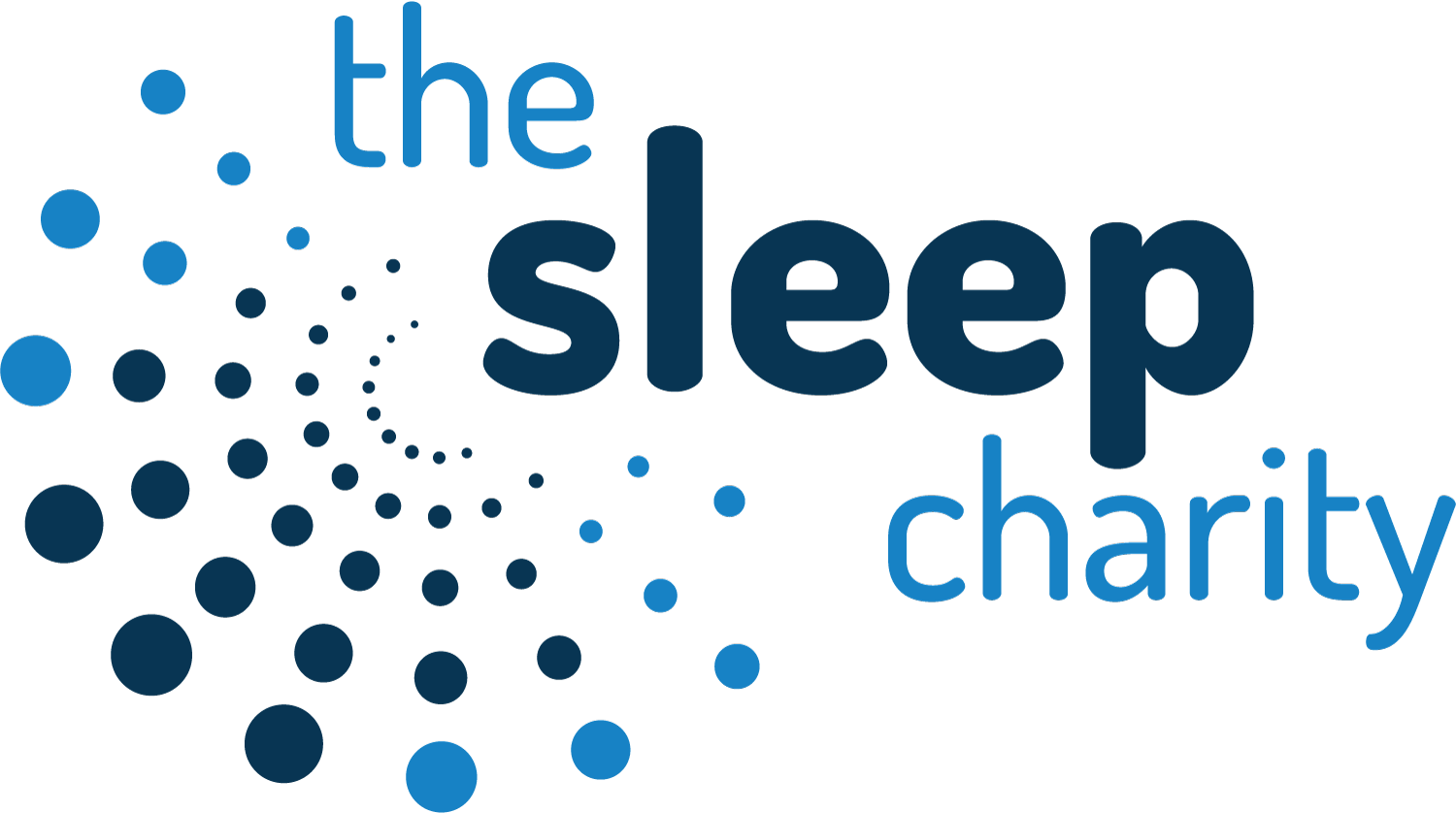
The Sleep Charity

CASY Counselling
Which services can I access?
Some of the services available operate only within city or the wider county area. Pop your postcode in below to quickly check which services are available to you
Related topics
-
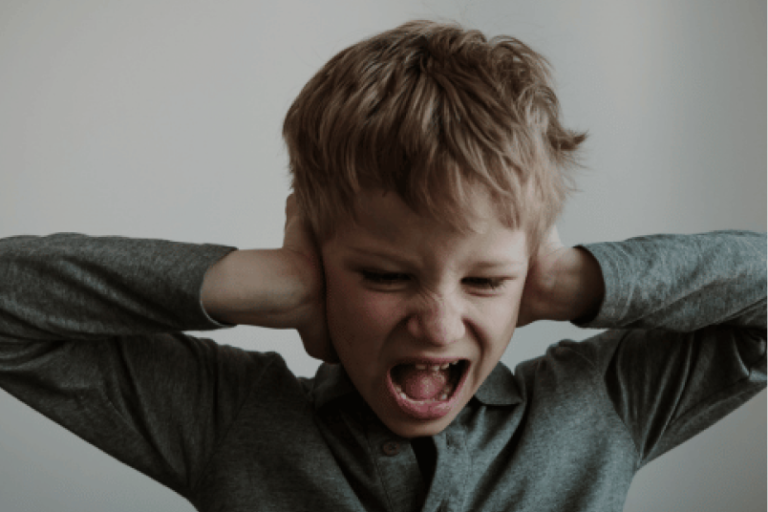
Anger
Anger is an expression of emotions, it is usually underpinned by an emotion that your child is not able to express because they do not have the words, or because they don’t themselves understand how they feel.
-
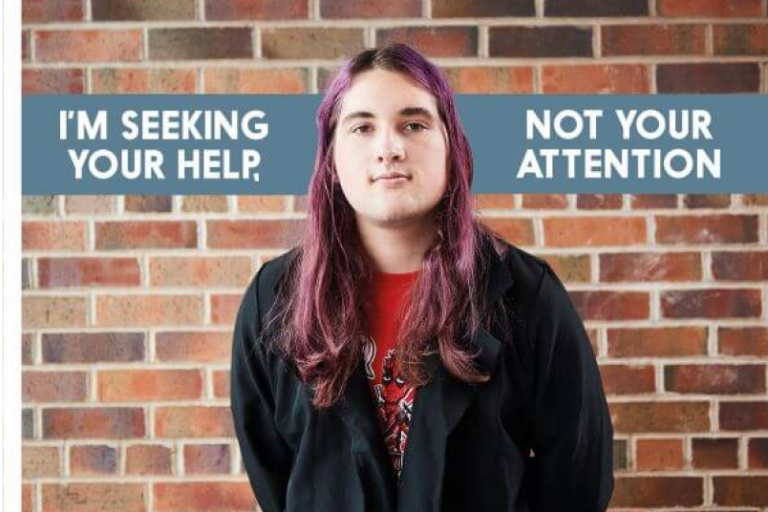
Self Harm
Self-harm, or self-injury, describes a wide range of things people deliberately do to themselves that appear to cause some kind of physical hurt. It can be very hard for parents and carers to know about – or witness – self-harming behaviour in their children.
-
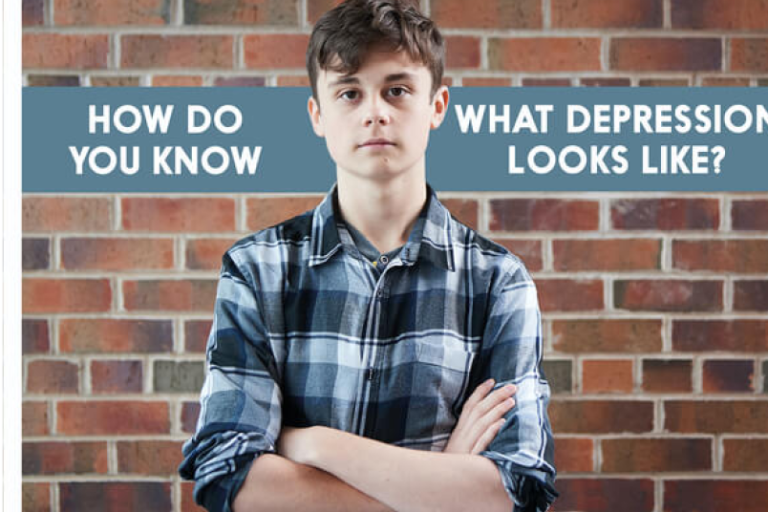
Depression or Low Mood
Everyone has ups and downs. Sometimes you might feel a bit low, for lots of different reasons. People may say that they are feeling depressed when they are feeling down, but this does not always mean that they have depression.
-
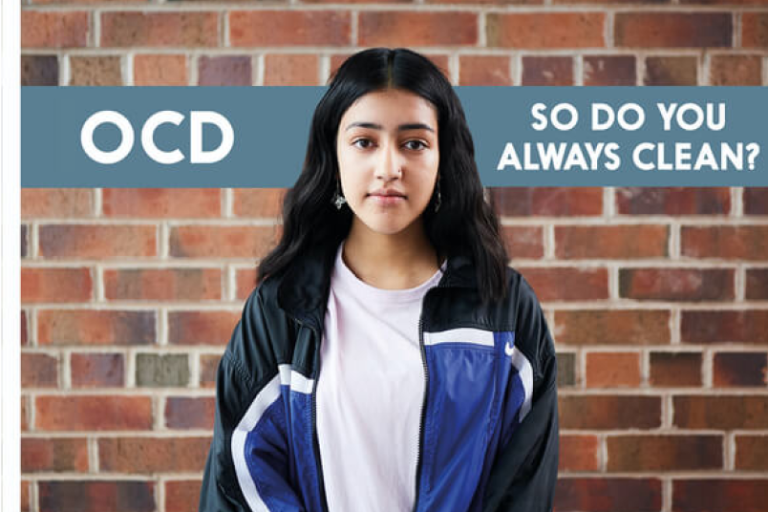
Obsessive Thoughts
Obsessions are specific thoughts that are intense and intrusive. It can feel like your thoughts are taking over and controlling your behaviour. Compulsions are ritual behaviours that people use to try to reduce anxiety linked to intrusive thoughts.